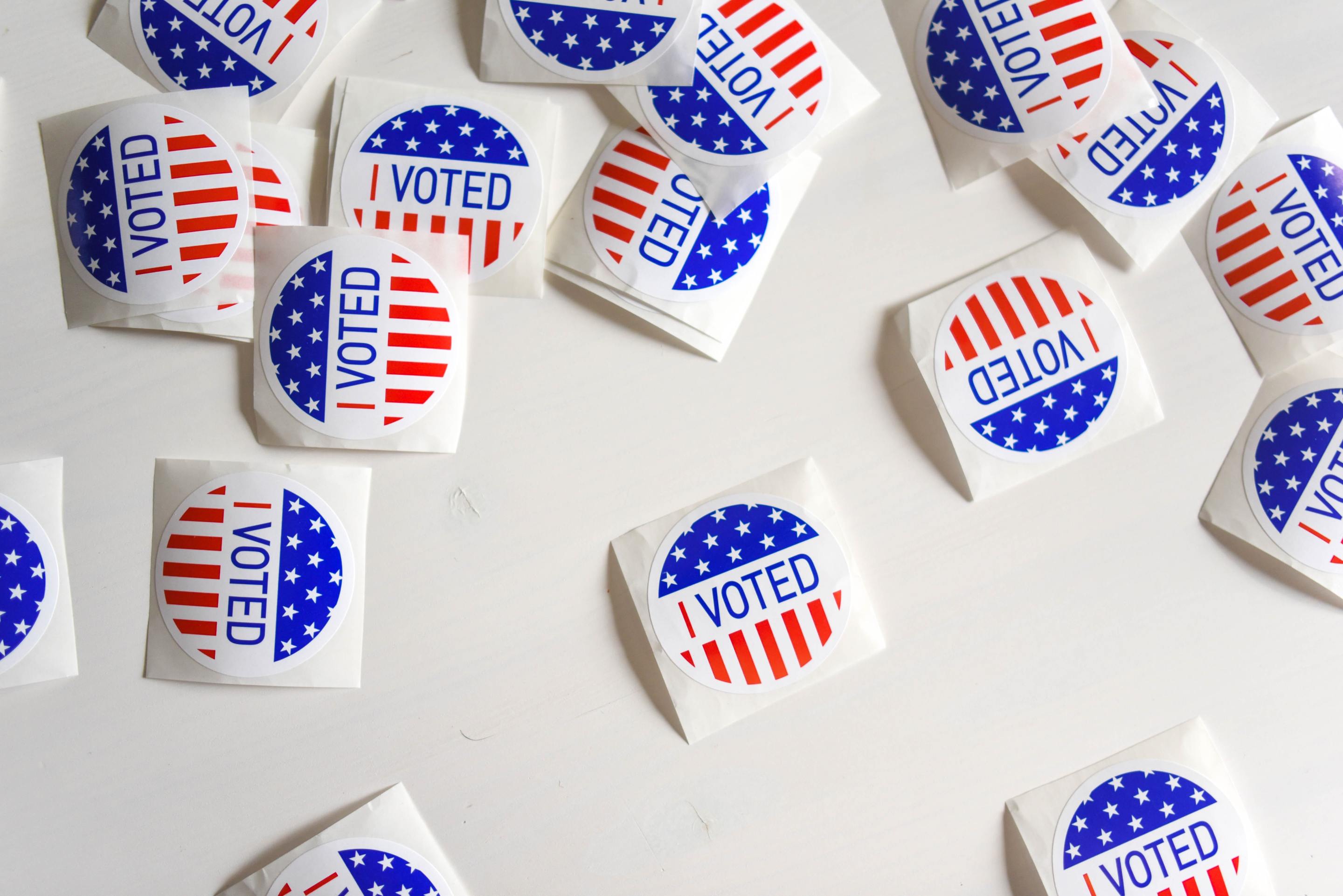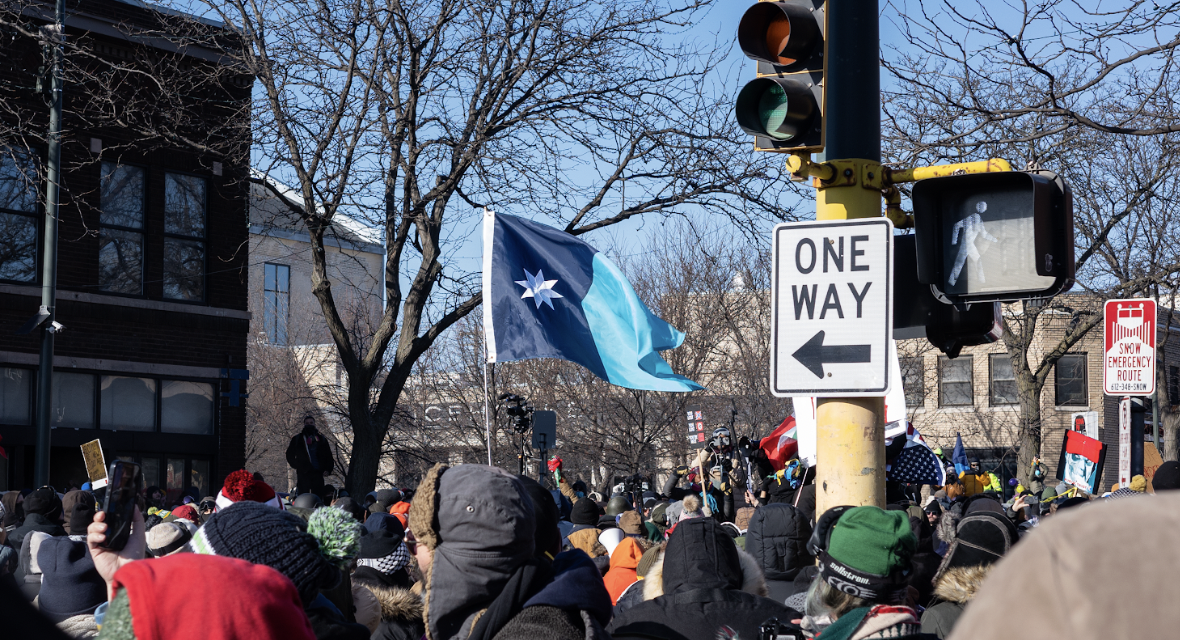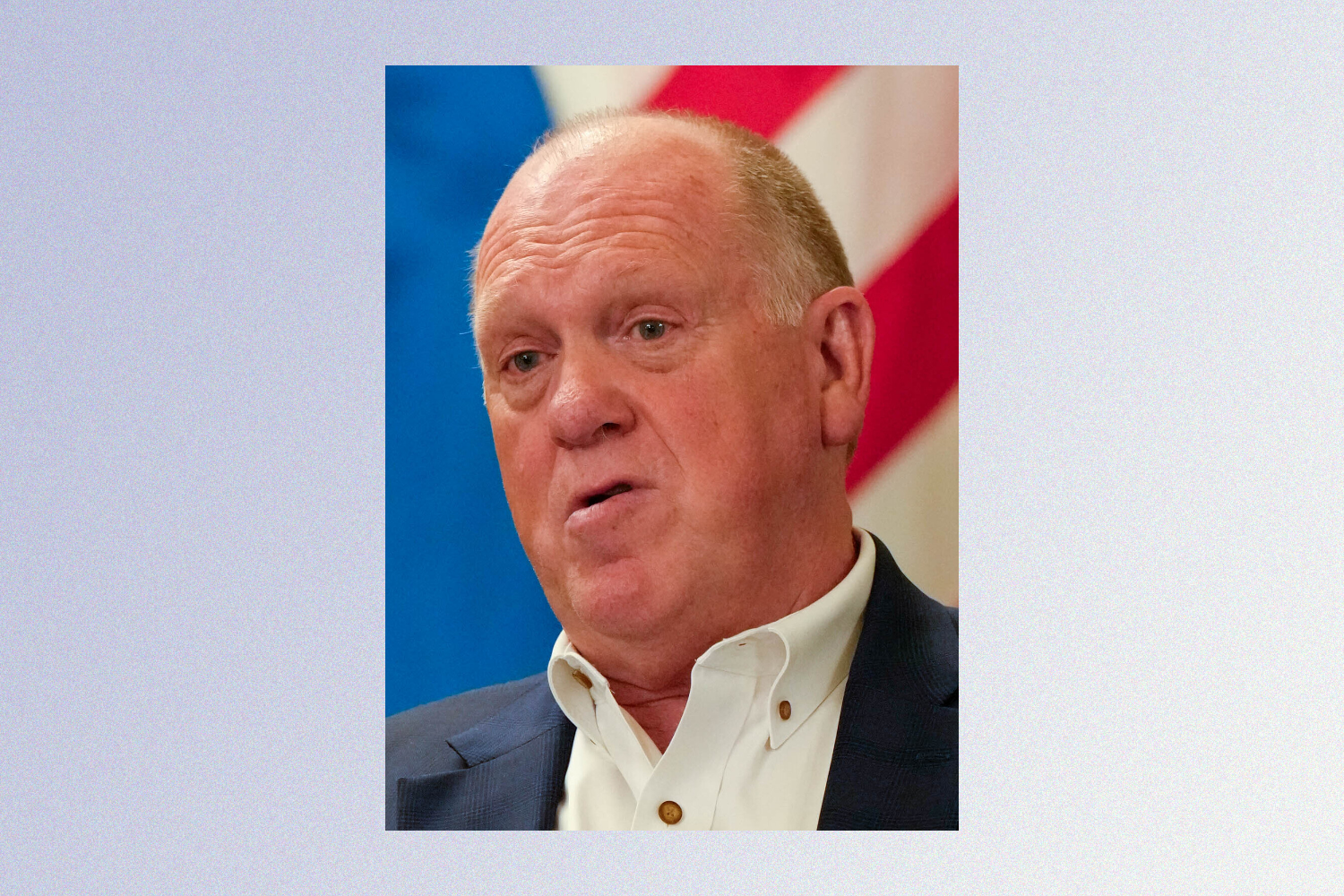Welcome back to The Flyover, your daily midday digest of what local media outlets and Twitter-ers are gabbing about.
We’re No. 3!
We sexually deviant, pro-crime cosmopolitans here at Racket were generally happy with last week’s statewide election results (at least considering the alternatives). But Minnesota’s easily bruised civic pride might be smarting from this other Election Day news: We no longer lead the nation in voting turnout, a distinction we've long and loudly celebrated. We’re not even second, Minnpost reports. Our 60.66% voter turnout fell behind both Oregon (68%) and Maine (61.6%). And even if we’re just comparing ourselves to ourselves, we’re down from the 2018 midterm (63.8%) and way down from the 2020 presidential election (79%). Is this kind of statistical blip meaningful? Probably not. Should we be ashamed of ourselves? Absolutely.
Federal Investigation Finds “Oppressive Child Labor” in Minnesota
Upton Sinclair famously wrote The Jungle to expose the horrid conditions workers faced in Chicago’s meatpacking warehouses. "I aimed at the public's heart and by accident I hit it in the stomach,” the author would later declare, since the unsanitary state of slaughterhouses caused much more uproar among the public—all the way to the White House. On Thursday, the U.S. Department of Labor announced a federal lawsuit that’ll hopefully stir the public’s hearts: Packers Sanitation Services, Inc., a contractor employed by factory farming giant JBS, allegedly employed at least 31 kids in facilities in Minnesota and Nebraska.
The details, per the court filing, are horrific: teens working graveyard shifts to clean slaughterhouses with "dangerous power-driven" machinery and harsh chemicals, only to show up for the school the next day. “Everyone knew” the teens were underage, according to one 17-year-old employed at Turkey Valley Farms in Marshall, Minnesota. Photos show another kid worker, who was allegedly hired when they were 15, spraying down the kill floor at Worthington, Minnesota’s JBS plant. (PSSI and JBS both offered mealy-mouthed, boilerplate PR statements; Fox 9 couldn’t reach Turkey Valley Farms.) You might remember that Worthington JBS plant popping up in the news during the worst of COVID-19, when nearly half of the 2,000 workers employed there contracted the virus at one point. The nightmarish Brazilian company also made headlines this week for its (alleged) complicity in destroying the rainforest.
And the First Woman to Headline Target Field Is...
Every time we get one of these "first woman to" stories I'm like, "That can't possibly be true! Surely some woman, at some point over the last decade and change, has headlined Target Field?" But no! While gals including Grace Potter and Kacey Musgraves have opened for fellas at the field, it's Pink who will become the ballpark's first female headliner when she makes a stop in Minneapolis during her Summer Carnival Stadium Tour next summer. (In fairness, Target Field doesn't host a lot of concerts; Pink's headlining date will be the first show there in two years, and only the 13th since the stadium opened in 2012, if this Wikipedia list I quickly scanned is to be trusted.) She'll be joined by Pat Benatar at the August 10 Target Field tour stop, and tickets go on sale on November 21 at 10 a.m. via Ticketmaster.
Google to Pay Over $8 Million to Minnesota in Settlement
In our modern world, pretty much every app we download and electronic device we own is constantly collecting our data. But there are limits, believe it or not: Google’s tracking has been found to be so egregious that the company has agreed to pay $391.5 million to settle a case involving attorneys across 40 states, making it the largest multistate privacy settlement ever. Minnesota will be getting $8,251,975.29 of that money.
So what were they doing? Basically, they misled consumers by having two different account settings tracking location data: “location history,” which is turned off unless you opt to turn it on, and “web & app activity,” which is automatically on unless you turn it off. Confusing! This practice has been going on since 2014. “[Big Tech companies] shouldn’t be able to collect [data] when we’ve told them not to,” Minnesota Attorney General Keith Ellison said in a statement. “But this is what Google did.”







